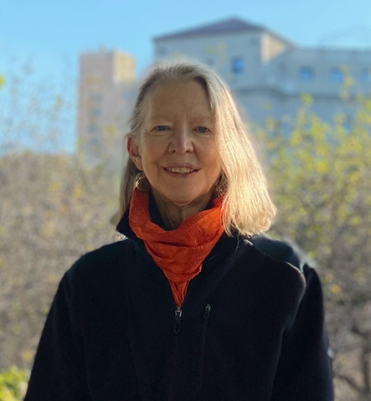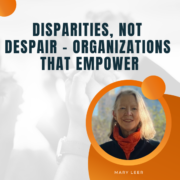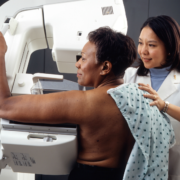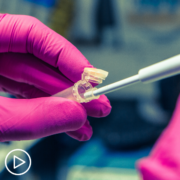Disparities, not Despair – Organizations that Empower
In memory and in honor of LaTisha Chong … Let’s change and improve the breast cancer research legacy for Black breast cancer survivors.
Yesterday, as I was preparing to post a brief blog, “Gotta look at this amazing website When We Tri(al),” I was stopped midstream by a New York Times’ 08.20.2022 newsfeed obit of Latisha Chong (01.23.1990 – 07.19.2022), Hair Stylist Who Helped Change Fashion, Dies at 32. Chong, born in Trinidada/Tobago, was a renowned American hair designer and hair director for fashion designer Telfar Clemens. Tragically, she succumbed to metastatic breast cancer, as reported by her sister, Afesha, also a renowned hair designer.
In honor of LaTisha Chong’s legacy for women of color with a history of breast cancer, PEN would like to showcase the organization and website When We Tri(al), which is dedicated to exclusively focusing on advancing Breast Cancer (BC) science for Black women, with a primary focus on ensuring much greater participation in clinical trials and survivor rates.
Breaking down barriers to inclusion drives the activism of When We Tri(al), given historically insupportable and racist statistics: namely, the percent of Black women in BC clinical trials is abysmally low and the disparity statistics around BC in Black vs White women is alarming. Namely, Black women are 41% more likely to die of breast cancer than White women. When Black women are not included or are grossly under-represented in clinical trials, as at present, their story and the science behind their Black BC physiology will fall short of developing the full picture which, in turn, stymies the development of BC treatments that reflect what Black bodies need to survive and thrive.
To learn more about disparities in the statistics of health and health care in general, check out the website Diverse Health Hub. Diverse Health Hub is dedicated to “exploring social determinants of health, increasing cultural competence among providers, and raising awareness about the roadblocks to equitable care.” Their work and website includes patient, provider, and community portals.
Also, I can’t help but note another organization that featured When We Tri(al)’s work. Young Survivors’ Coalition, YSC, was founded in 1998 by women who had been diagnosed with breast cancer under the age of 40. Dedicated to addressing the unique needs and the quality of life of young adults affected by breast cancer, you may find lots here if your demographic is that of a young breast cancer survivor (or even if it is not!).
And, again, in honor of LaTisha Chong, learn more about these organizations and support/learn from their work, as well as PEN’s. We are all in this together … the empowerment of each one of us requires vigilant and dogged inclusiveness!
As a breast cancer survivor, I was interested in and tried to learn more details about LaTisha Chong’s experience and background. I could not find any details about the type of her breast cancer (e.g., whether it was triple negative as many young women, especially women of color, are diagnosed).
The story behind her initial 2012 diagnosis was reported in Air Mobility Command following Chong’s returning from senior airman deployment with the US Air Force in Qatar. Her life trajectory comes full circle from watching her hair stylist mother work week-end salon marathons in Brooklyn, through Air Force service and deployment, to subsequently adopting a cancer survivor/fighter mode, through the last several years of building a following as cutting-edge hair designer for Black clients and celebrities, including creating the hair design for Met Gala participants; and finally, her last design shoot, the Serena Williams’ cover for Vogue’s September 2022 issue. (See Vogue’s tribute to Chong.)
Additional Resource: https://www.breastcancer.org/podcast/clinical-trial-diversity

Mary Leer is PEN’s Breast Cancer Empowerment Lead. Read more about Mary, here.










